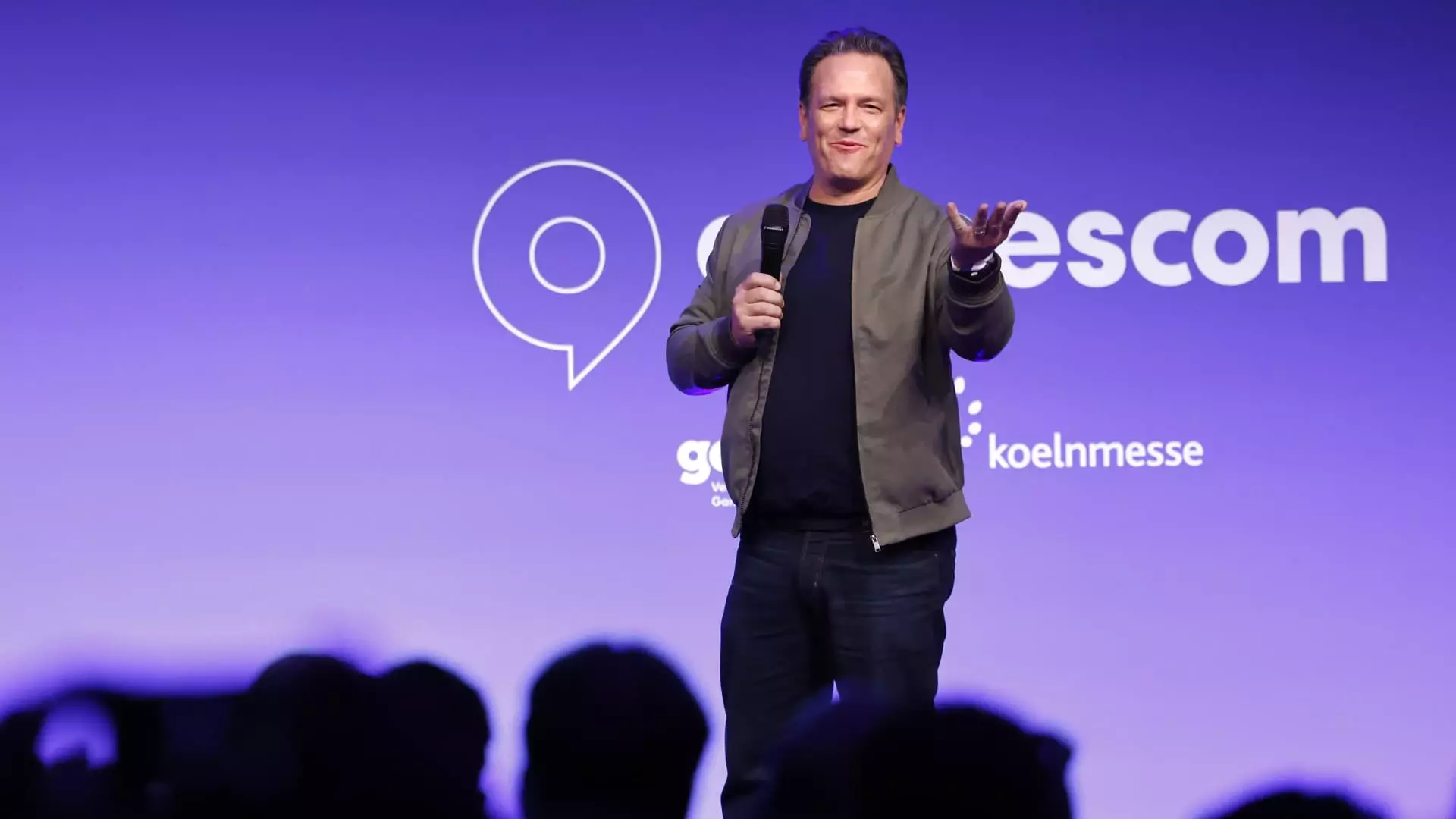In a significant development for both mobile gaming enthusiasts and the broader tech landscape, Microsoft announced that starting in November, users can purchase and play video games directly through its Xbox app on Android devices. This decision follows a favorable ruling from a U.S. judge mandating that Google must allow alternatives to its Google Play Store, reinforcing the ongoing battle against monopolistic practices in the tech industry. As a result of this ruling, companies like Microsoft can now explore avenues that were previously restricted by Google’s policies, setting a precedent for increased competition and consumer choice.
The court’s ruling is particularly noteworthy given its implications for both Microsoft and other gaming developers. During a recent legal showdown, Google lost a case brought forth by Epic Games, the publisher behind the immensely popular Fortnite. Despite Google’s plans to appeal this decision, the ruling has opened the door for companies like Microsoft to bypass Google’s revenue-sharing model, which has often frustrated app developers due to its significant commission on in-app purchases. Sarah Bond, president of Xbox, emphasized this shift, indicating that this change will lead to “more choice and flexibility” for gamers—an assertion that underscores the potential transformation in the mobile gaming market.
This initiative also reflects Microsoft’s recognition of mobile gaming’s importance in its overall strategy. Historically, Microsoft lagged behind competitors like Google and Meta in mobile applications, particularly after a challenging antitrust case. However, the recent acquisition of Activision Blizzard for a staggering $75.4 billion hints at a renewed commitment to capturing the mobile gaming demographic. Phil Spencer, Microsoft’s gaming CEO, has previously acknowledged in court that increasing relevance in the gaming industry necessitated a stronger foothold in mobile markets. Thus, this new venture into Android signifies a pivotal step toward realizing that vision.
While the announcement pertains specifically to Android, it leaves a significant question regarding the potential for Xbox games on Apple’s iOS devices. Currently, gamers with Game Pass Ultimate subscriptions can access some titles via web browsers on iPhones and iPads, but the absence of a dedicated app for Apple devices introduces limitations. With ongoing scrutiny of Apple’s App Store practices as evidenced by the U.S. Justice Department’s antitrust lawsuit, it remains to be seen whether Microsoft plans to extend similar functionalities to Apple’s platform.
As this new chapter unfolds for Microsoft and Xbox in the mobile gaming realm, the emphasis will likely shift toward how developers and consumers respond to the newfound freedom from Google’s restrictions. By directly allowing purchases through its app, Microsoft not only enhances the experience for gamers but also sets a potential standard for other developers exploring similar paths. This bold step could mark the beginning of a more diverse and competitive mobile gaming industry, where consumer choice flourishes and developers retain a fairer portion of their earnings. As competitors adapt to these changes, one thing is certain: the gaming landscape is evolving, and Microsoft is positioning itself at the forefront of this transformation.

